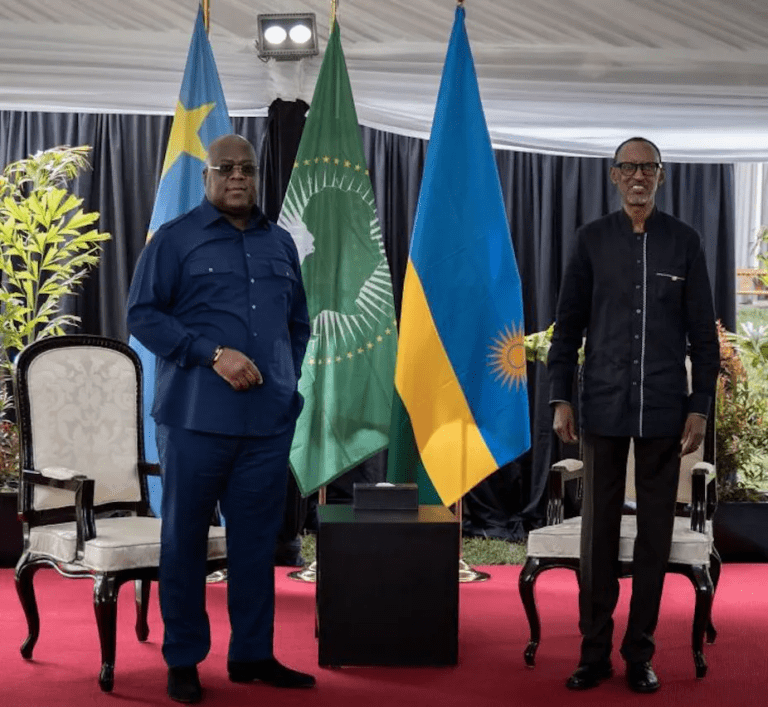APA-Kinshasa (RD Congo) The European Union believes that Rwanda will be a hub for minerals.
A diplomatic row seems to be gradually brewing between the European Union (EU) and the Democratic Republic of Congo (DRC), following the signing on 21 February of a memorandum of understanding between Brussels and Kigali aimed at integrating sustainable value chains for critical and strategic raw materials.
The MoU, signed by Jutta Urpilainen, European Commissioner for International Partnerships, and Vincent Biruta, Rwandan Minister of Foreign Affairs, seeks to establish close cooperation between the two entities to ensure the proper functioning and sustainability of commodity value chains, as well as to support economic diversification.
According to the EU press release, the agreement also aims to mobilise funds for the deployment of the infrastructure needed to develop commodity value chains, while improving the investment climate and
promoting research, innovation and the sharing of knowledge and technologies related to the extraction and valorisation of raw materials. “Rwanda is firmly committed to ensuring a prosperous and sustainable future for its citizens and the planet. Our partnership with the EU will go a long way towards achieving this,” said Mr.
Biruta.
However, the Congolese government was quick to react. Patrick Muyaya, the Congolese Minister of Communication and Media and government spokesman, expressed his astonishment on social networks, pointing out the apparent paradox of the EU signing such an agreement with Rwanda, a country accused of serious human rights violations and trafficking in minerals from the DRC.
Felix Tshisekedi, the Congolese president re-elected for a second term in the December elections, also criticised the EU, comparing the purchase of minerals from a receiving country to complicity in the plundering of Congolese wealth. Christophe Lutundula Apala, the Congolese Minister of Foreign Affairs, expects “clarification of this ambiguous behaviour at a time when the EU is constantly affirming its desire to contribute to ending the crisis in the east and to the exploitation of our natural resources.”
The reaction was not limited to political circles. Gynaecological surgeon Dr. Denis Mukwege, unsuccessful candidate in the presidential elections, strongly criticised the EU, denouncing “geostrategic cynicism and double standards that undermine the credibility of international institutions.” Mukwege underlines the link between
mining and the ongoing conflicts in the east of the DRC, claiming that the illegal mineral trade has been a root cause of violence and human rights violations in the region for decades, without forgetting to point the finger at Rwanda’s role in the deteriorating security situation in the east of the country. Kinshasa accuses Kigali of using
the rebel group M23 to destabilise eastern DRC.
In explaining the background to this agreement with Rwanda, the EU highlights the country’s economic potential in the mining sector, particularly in the production of tantalum, tin, tungsten, gold, niobium, lithium and rare earths, minerals used in the manufacture of electronic equipment.
The EU believes that Rwanda, with its favourable investment environment and rule of law, has the potential to become a hub for the creation of added value for minerals.
AC/fss/abj/APA


